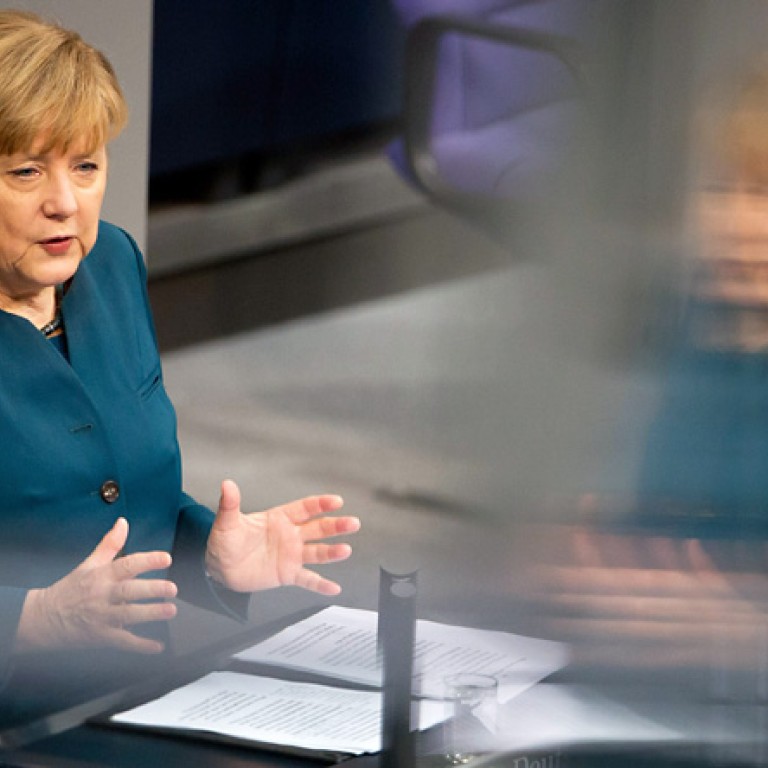
UN General Assembly votes to protect privacy rights in digital age
The UN General Assembly has unanimously adopted a resolution aimed at protecting the right to privacy against unlawful surveillance in the digital age, in the most vocal global criticism of US eavesdropping.
The UN General Assembly has unanimously adopted a resolution aimed at protecting the right to privacy against unlawful surveillance in the digital age, in the most vocal global criticism of US eavesdropping.
Germany and Brazil introduced the resolution following a series of reports of US surveillance, interception, and data collection abroad - including on Brazil's President Dilma Rousseff and German Chancellor Angela Merkel - that surprised and angered friends and allies.
The resolution "affirms that the same rights that people have offline must also be protected online, including the right to privacy".
It calls on the 193 UN member states "to respect and protect the right to privacy, including in the context of digital communication," to take measures to end violations of those rights, and to prevent such violations including by ensuring that national legislation complies with international human rights law.
It also calls on all countries "to review their procedures, practices and legislation regarding the surveillance of communications, their interception and collection of personal data, including mass surveillance, interception and collection, with a view to upholding the right to privacy of all their obligations under international human rights law."
General Assembly resolutions are not legally binding but do carry political weight.
